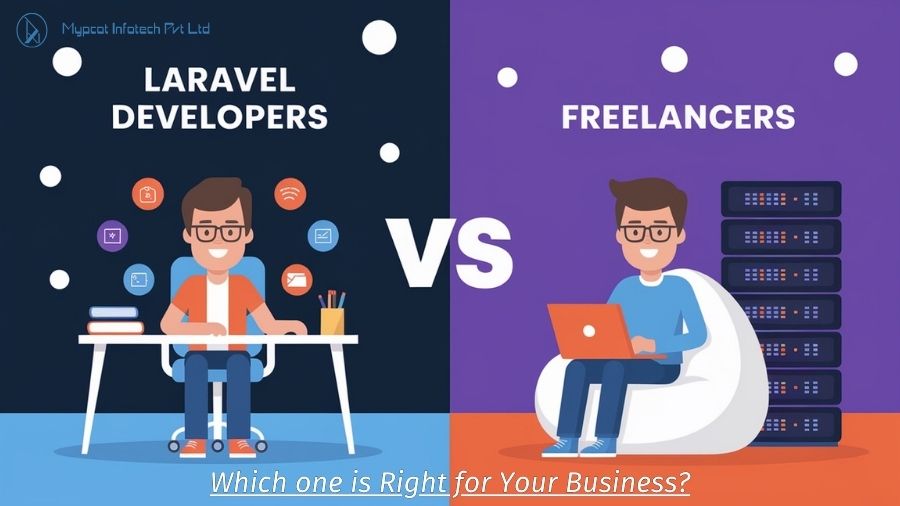Game development is where creativity meets technology. The pivotal role of game
developers cannot be underestimated. These architects of virtual realms are
responsible for translating visions into interactive experiences, seamlessly blending
artistry and programming prowess. However, for those venturing into the exciting realm
of game creation, understanding the intricacies of the cost of hiring a game developer is
paramount. We help you on this journey, thoroughly exploring the financial landscapes
inherent in assembling a skilled development team.
We start by looking at all the things that affect how much it costs to make a game. This
includes understanding how skilled and experienced the people working on the game
need to be, how complicated the project is and what technology is being used. It’s like
taking apart a puzzle to see all the pieces that go into deciding the cost of creating a
game.
We venture into the tangible projects that have shaped the gaming industry, offering
insights into their financial architectures. As we navigate this topic, strategic tips for
cost-effective game development emerge, providing a compass for individuals and
enterprises to navigate the economic intricacies of bringing digital dreams to life. Join
us in this expedition through the cost-conscious corridors of game development, where
understanding the price of pixels and code is the key to unlocking boundless virtual
possibilities.
Factors Influencing the Cost of Hire a Game Developer
Exploring the intricacies of game development costs, from the impact of skill levels and
project complexity to technological choices:
1. Type of Game:
The type of game chosen significantly influences the expenses of hiring a game
developer. Games with simpler mechanisms, like puzzles or trivia, demand fewer
resources and are comparatively easier to create. Evaluating the costs of technologies
and skills is crucial in estimating the overall expense of game development. A solo
developer may suffice for uncomplicated games, managing all aspects from design to
testing. Conversely, intricate games necessitate a team of developers with specialized
skills in diverse areas such as game design, programming, art, and sound.
2. Game Platform:
The choice of a game platform significantly impacts the cost of hiring a developer.
Developing games for various platforms, such as Android, iOS, PC, or consoles, requires
expertise in distinct technologies and may involve additional expenses. While mobile
games may be more cost-effective, creating games for high-end platforms demands
specialized skills and may require a higher budget. Careful consideration of the target
platform is essential in estimating the overall cost and choosing developers with the
appropriate expertise.
3. Experience, Expertise and Exposure:
A game developer’s experience, expertise, and exposure are crucial factors influencing
costs. More seasoned developers with a proven track record in successful projects
often command higher fees. Expertise in specific technologies or genres can also
impact pricing, with specialists demanding premium rates. Developers with broader
exposure to diverse projects may bring versatility and charge more. Striking a balance
between experience, expertise, and exposure is vital to optimizing costs while ensuring
the desired quality in game development. For example, If you want to build a 3D game
with open-source technology, hiring a developer who needs to gain expertise in making
3D games won’t be helpful. Keep in mind that game developers with ample experience
often possess a track record of successful games, enhancing their value and increasing
their demand in the industry.
4. Developer Location:
The location of game developers significantly influences the cost of hiring. Developers
in regions with a higher cost of living, such as North America or Western Europe,
generally command higher wages. In contrast, developers in areas with a lower cost of
living, like Southeast Asia or Eastern Europe, may offer more competitive rates. The
choice of location also affects communication and collaboration dynamics, potentially
impacting project efficiency. Companies often consider these factors to find a balance
between budget constraints and the quality of talent when hiring game developers.
5. The Scope of the Game App Project:
The scope of a game app project, encompassing features, complexity, and scale, plays a
pivotal role in determining the overall cost and resources required for successful
development.
6. Freelance vs Agency:
Choosing between a freelance game developer and an agency involves trade-offs in
cost and services. Freelancers may offer cost-effective solutions but need more diverse
skill sets for complex projects. Agencies, while potentially pricier, provide a team with
varied expertise, ensuring comprehensive project coverage. Deciding between freelance
and agency hires requires assessing project complexity, budget constraints, and the
need for specialized skills, ultimately influencing the overall cost and success of the
game development endeavor.
7. The Complexity of the Game Design:
The complexity of game design significantly shapes the cost of hiring a developer.
Elaborate game concepts with intricate mechanics, expansive worlds, and advanced
features demand specialized skills, resulting in higher development costs. Simpler
designs, like casual games, may require less expertise and resources, making them
more budget-friendly. Tailoring the complexity of game design to match project goals is
pivotal in optimizing costs while ensuring the desired level of engagement and
sophistication in the final product.
8. Use of Game Engines and Tools:
Using game engines and tools plays a pivotal role in determining the cost of hiring a
game developer. Popular engines, like Unreal or Unity, may incur licensing fees,
impacting the overall budget. Developers proficient in these tools often command
higher rates due to specialized expertise. While game engines streamline development,
the associated costs and the need for skilled developers must be carefully considered
to balance efficiency, quality, and budget constraints in the game development process.
9. In-House vs Remote Hiring:
Choosing between in-house and remote hiring significantly influences game
development costs. In-house teams, while fostering direct collaboration, often incur
higher expenses, including salaries, benefits, and workspace. Remote hiring allows
access to a global talent pool, potentially reducing costs but introducing challenges in
communication and coordination. Striking the right balance between in-house and
remote talent depends on project requirements, budget constraints, and the importance
of team dynamics, shaping the overall cost structure of game development initiatives.
10. Post-development Services:
Post-development services, such as testing, updates, and ongoing support, influence
the cost of hiring a game developer. Thorough testing requires additional resources,
impacting expenses. Regular updates and maintenance contribute to the long-term
cost, ensuring the game remains relevant and functional. Maintaining equilibrium in
post-development services is crucial, as they could result in unexpected costs and
potential compromises on the game’s overall quality and success throughout its
lifespan.
Conclusion
In conclusion, the journey of hiring a game developer involves understanding the
intricate interplay of factors that contribute to the overall cost of game app development.
From deciphering the skills and experience levels of developers to contemplating the
complexity of game design and selecting the appropriate platform, each decision
influences the financial landscape. The location of developers, the scope of the game
app project, and the choice between freelance and agency hires add further layers to the
budget considerations. Striking a balance between cost-effective solutions and the
desired level of expertise is paramount, ensuring a successful venture into the
captivating world of game development.











